Hydrogen: The New Generation Fuel Powering a Sustainable Future
As the world moves toward clean energy solutions, hydrogen is emerging as a next-generation fuel with the potential to revolutionize multiple industries. From transportation to power generation, hydrogen offers zero emissions, high efficiency, and energy storage capabilities that can transform how we power the future. Why hydrogen is the fuel of the future, its advantages, applications, and how it compares to traditional energy sources. What is Hydrogen Fuel? Hydrogen is the most abundant element in the universe and a high-energy carrier that can be used for clean energy production. Unlike fossil fuels, hydrogen combustion produces only water (H₂O) as a byproduct, making it a zero-emission energy source when used in fuel cells or direct combustion. Hydrogen can be extracted using multiple methods, but green hydrogen, produced via electrolysis powered by renewable energy, is the most sustainable option. Why is Hydrogen the Fuel of the Future? Zero Carbon Emissions Hydrogen fuel cells generate electricity with no greenhouse gas emissions, reducing reliance on fossil fuels and cutting down air pollution. High Energy Density Hydrogen contains three times more energy per unit mass than gasoline, making it an efficient fuel for long-distance travel and industrial applications. Renewable and Abundant Unlike finite fossil fuels, hydrogen can be produced from water using renewable energy sources like solar and wind power. Versatile Applications Hydrogen is being integrated into transportation, power generation, and industrial sectors, offering a flexible energy solution. Energy Storage Solution Hydrogen acts as an energy carrier, storing excess electricity from renewable sources and releasing it when needed. How is Hydrogen Used? Hydrogen’s applications span across various industries, including: 1. Hydrogen Fuel Cells for Transportation – Hydrogen-powered vehicles (FCEVs), like the Toyota Mirai and Hyundai Nexo, use fuel cells to generate electricity.– Hydrogen buses, trucks, and trains are reducing emissions in public transport and logistics.– The aviation industry is developing hydrogen-powered planes for carbon-free air travel. 2. Hydrogen in Power Generation – Hydrogen can be used in gas turbines to produce electricity with zero emissions.– Hydrogen fuel cells provide backup power for remote areas and critical infrastructure. 3. Industrial and Manufacturing Applications – Hydrogen is used in steel production, ammonia manufacturing, and chemical processing.– Green hydrogen can replace fossil fuels in industries that require high-temperature processes. 4. Hydrogen for Residential and Commercial Use – Hydrogen fuel cells can power homes and buildings, reducing dependence on the grid.– Hydrogen heating systems are being explored as a clean alternative to natural gas. Zero Emissions When hydrogen is used in fuel cells, the only byproduct is water vapor, resulting in no greenhouse gas emissions. When hydrogen is used in fuel cells, the only byproduct is water vapor, resulting in no greenhouse gas emissions. Versatility Hydrogen can be used across various sectors, including transportation, power generation, and industrial applications. SEO Optimizing Hydrogen can be used across various sectors, including transportation, power generation, and industrial applications. Energy Efficiency Hydrogen fuel cells are more efficient than internal combustion engines, providing better energy conversion rates. Hydrogen fuel cells are more efficient than internal combustion engines, providing better energy conversion rates. Renewable Production Hydrogen can be produced from renewable sources like wind, solar, and water, reducing dependence on fossil fuels. Hydrogen can be produced from renewable sources like wind, solar, and water, reducing dependence on fossil fuels. Advantages of Hydrogen Fuel most abundant element in the universe and can be used as a clean energy source. It produces only water as a byproduct when used in fuel cells, making it an environmentally friendly alternative to fossil fuels. With the growing demand for reducing carbon emissions, hydrogen offers a viable path to a cleaner future. Challenges in Hydrogen Adoption Challenges in Hydrogen Adoption While hydrogen has great potential, several challenges need to be addressed: ❌ High Production Costs – Green hydrogen production requires significant investment in renewable energy and electrolysis technology. ❌ Storage and Transport Issues – Hydrogen has a low volumetric energy density, requiring advanced storage and distribution methods. ❌ Infrastructure Development – Hydrogen fueling stations are still limited, slowing adoption in the transport and energy sectors. However, with advancements in technology, government policies, and increasing private sector investments, these challenges are being tackled at a rapid pace. The Future of Hydrogen Energy Hydrogen Energy Hydrogen Energy Hydrogen Energy The global hydrogen market is expected to grow exponentially in the coming years. Governments and corporations worldwide are investing in hydrogen projects, fuel cell technology, and hydrogen-powered transportation. Final Thoughts Hydrogen is more than just an alternative fuel—it is a revolutionary energy source with the potential to reshape our world. While challenges exist, technological advancements and policy support are accelerating its adoption. As the future of clean energy unfolds, hydrogen is expected to power industries, cities, and vehicles, helping create a sustainable, zero-emission future. For the latest updates on emerging technologies, networking, and energy solutions, visit SAPL Tech. Techlog

